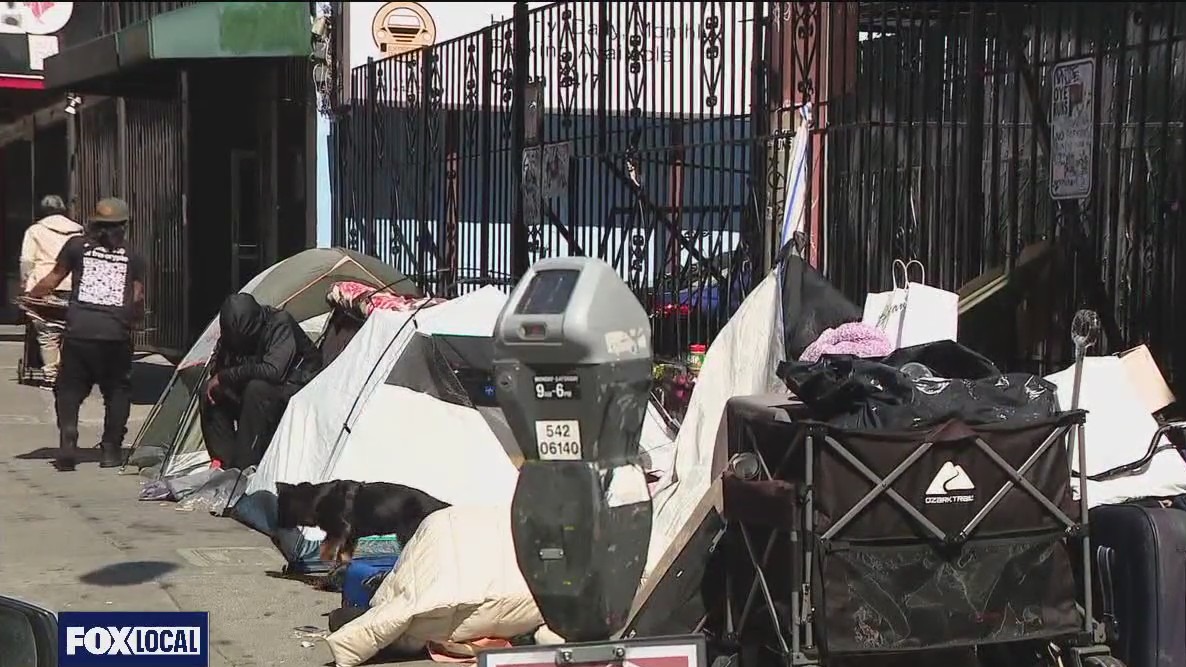San Francisco sued over Tenderloin neighborhood's conditions

San Francisco sued over conditions in Tenderloin
Open drug use and chronic homelessness have become emblematic of San Francisco's Tenderloin District. Now a group of five residents and two hotels have joined together, filing a federal lawsuit aimed at forcing the city to take drastic steps to improve street conditions.
SAN FRANCISCO - Tenderloin residents and businesses have filed a lawsuit aimed at getting the city to improve street conditions in the neighborhood.
Open drug use and chronic homelessness have become emblematic of San Francisco's Tenderloin District. Now a group of five residents and two hotels have joined together, filing a federal lawsuit aimed at forcing the city to take drastic steps to improve street conditions.
"The allegation is that for years the city has treated the Tenderloin as a containment zone for narcotics activity and all the problems that come with that and that the problems have gotten much worse in recent years with the advent of fentanyl," said Matthew Davis.
Davis, the attorney representing the residents and hotels, says his clients, some of whom are working-class families with small children, feel trapped inside their homes because of the conditions just outside their doors. He says they pay for city services in the form of taxes, but that the city doesn't hold up on its end of the bargain.
"Today, if you go into the neighborhood, the streets are unsafe, they're unsanitary, and they're inaccessible," said Davis. "Those are basic city functions and the city isn't providing them."
San Francisco's City Attorney's Office said increased lawsuits over homelessness do not improve conditions on the city's streets in a statement.
The statement read in part, "We will review the complaint and respond in court. While we understand and share the frustration of Tenderloin businesses and residents, the City is making efforts to reduce crime, disrupt open-air drug markets, and address homelessness, all while complying with the preliminary injunction issued in the Coalition on Homelessness case."
Police commands have been seen patrolling the Tenderloin as part of legislation put forth by Supervisor Ahsha Safai last year.
Randy Shaw from the Tenderloin Housing Clinic welcomes the legislation and the additional patrols and says he hopes the lawsuit filed in federal court will force the city's hand into coming up with an effective strategy to clean up the tenderloin.
"Well, the lawsuit's a last resort. The city has failed to provide equal protection to Tenderloin's businesses and property owners," said Shaw. "They pay the same fees and taxes as people in Cow Hollow, but they don't get the services."
While the hotels and residents have filed their lawsuit, the University of California San Francisco School of Law filed its own separate lawsuit saying the city is failing in its efforts to improve conditions surrounding the campus in the tenderloin.
The city is also reviewing that complaint as well.

